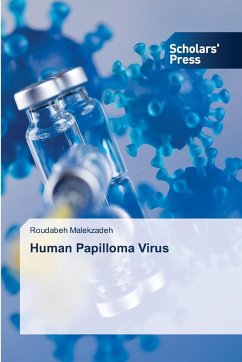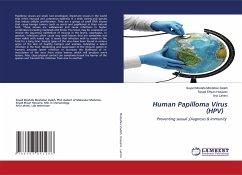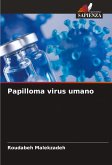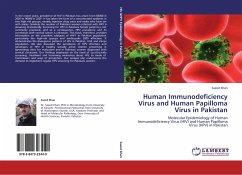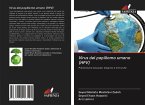Papilloma viruses are small, non-enveloped, important viruses in the world that infect mucosal and cutaneous epithelia in a wide variety and species that induce cellular proliferation. They are a group of small DNA viruses that cause benign tumors in their natural host. These viruses are widespread and cause infections in higher vertebrates. The lesion may be cutaneous or involve the squamous epithelium of mucosa in the larynx, esophagus, or genitals. Infections often cause very small lesions that are sometimes not even visible with naked eye. It seems that infection with to remain in the host for a long time. Several types of the virus have been found in various areas of the skin of healthy humans and animals, indicating a latent infection in the host. Weakening and suppression of the immune system in humans activates latent infection or increases the likelihood of re-inoculation of the virus from active lesions, which will produce overt lesions. Also, close physical contact cansometimes break the barrier of the species and transmit the infection from one to another.
Bitte wählen Sie Ihr Anliegen aus.
Rechnungen
Retourenschein anfordern
Bestellstatus
Storno

